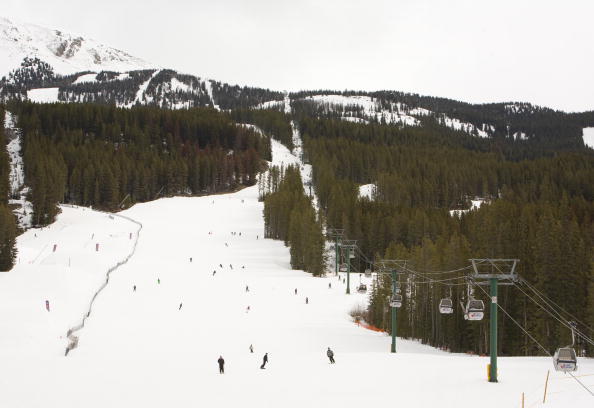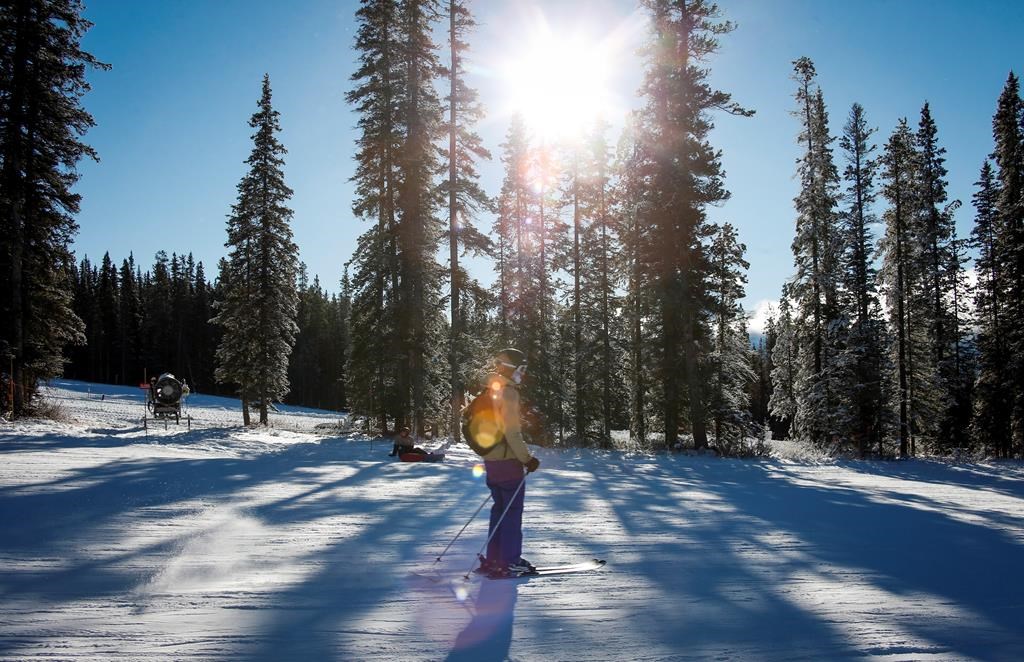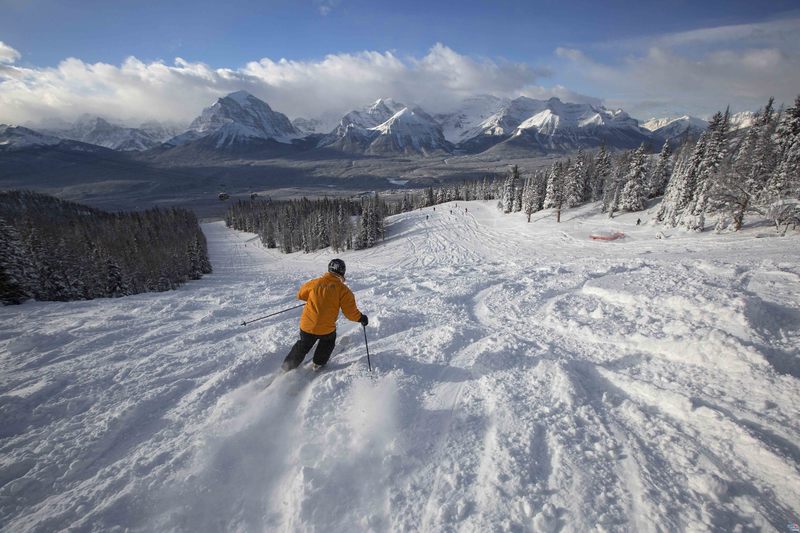A Calgary judge is scheduled to sentence a world-renowned Alberta ski resort on Friday for cutting down endangered trees five years ago.

The Lake Louise resort in Banff National Park pleaded guilty last December to removing a stand of trees, including some whitebark pine, along a ski run in 2013.
READ MORE: Admitted to cutting endangered trees: Sentencing hearing for Alberta ski resort
The resort will be sentenced on two charges — one under the Species At Risk Act and the other under the Canada National Parks Act.

According to an agreed statement of facts filed in court last year, a trail crew — consisting of six employees including a supervisor — began maintenance in the summer of 2013 on Ptarmigan Ridge at the Lake Louise Ski Resort.
The work involved cleaning up, repairing and erecting fences, and trimming and removing some trees.

Get daily National news
The document says that in late September of that year, the workers cut down a number of trees, including endangered whitebark pine, without a permit.
A total of 132 trees were removed, but the actual number of whitebark pine is being disputed. The Crown originally said 39 were removed, but the defence said the number was much lower.
The maximum fine under the Species At Risk Act for each tree destroyed is $300,000, while the maximum per tree is $250,000 under the National Parks Act.
The whitebark pine is native to high elevations (at or close to the treeline) in western North America, and is threatened by invasive disease, fire and climate change. It has been growing on the continent for 100,000 years and can grow to be between 500 and 1,000 years old.
WATCH: Lake Louise is one of the most photographed spots in the world — and what if you could live the beautiful hamlet year-round? As Jayme Doll reports, it’s a privilege that comes with some challenges too.





Comments
Comments closed.
Due to the sensitive and/or legal subject matter of some of the content on globalnews.ca, we reserve the ability to disable comments from time to time.
Please see our Commenting Policy for more.